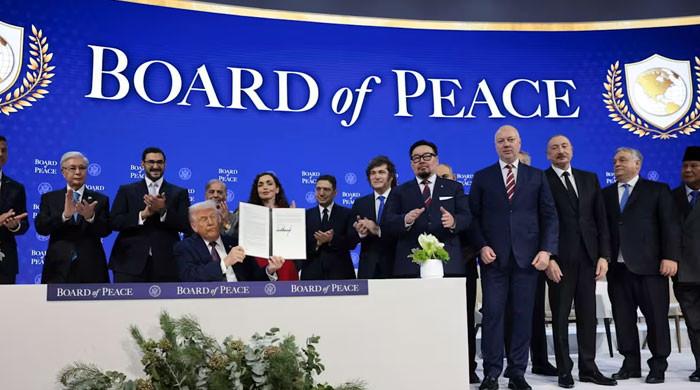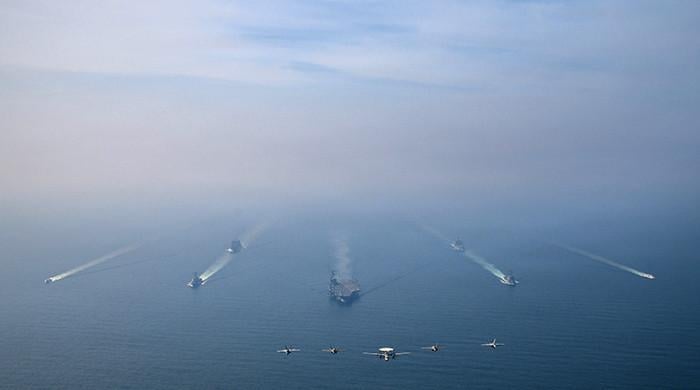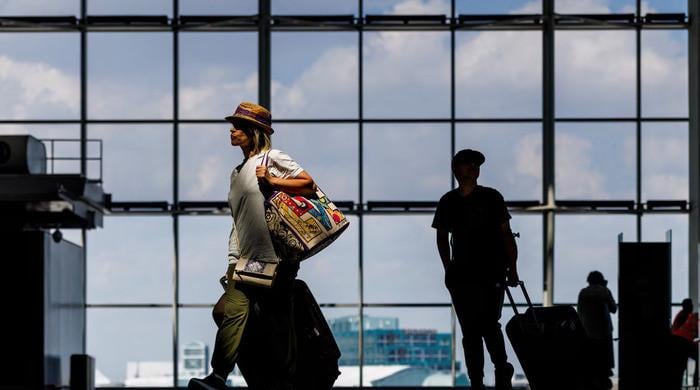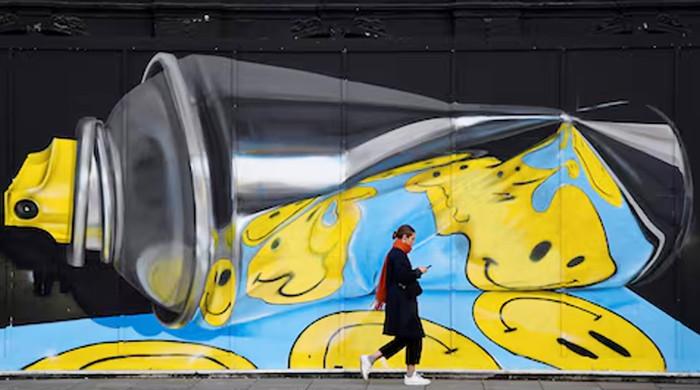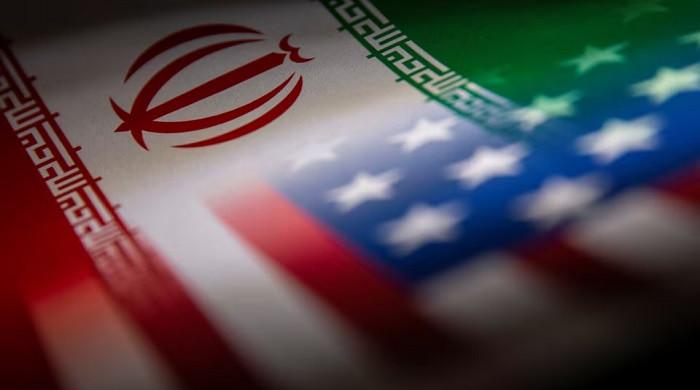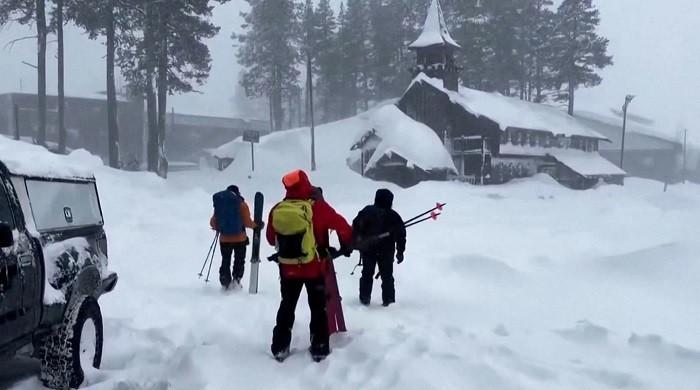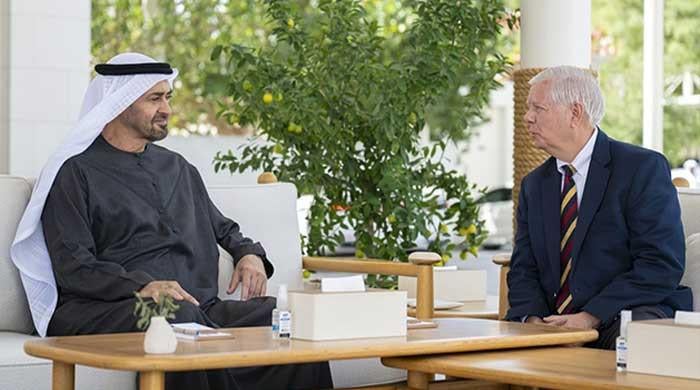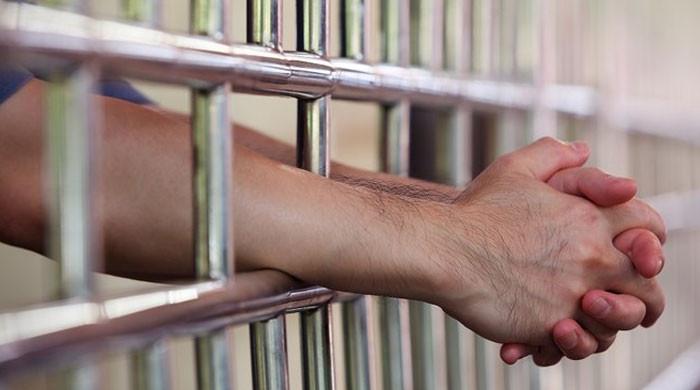NYT's timeline of key events leading to conflagration in Middle East points finger at Israel
“All the enriched uranium was already in place, but you needed a trigger. And the trigger was the Aqsa Mosque”
May 16, 2021
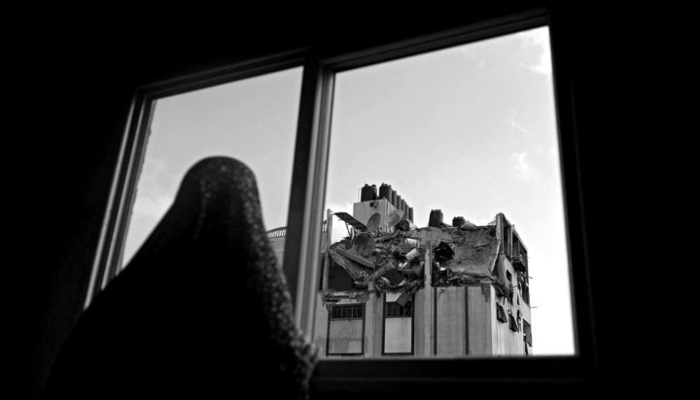
The worst violence by Israel against Palestinians in recent history has sent shock waves in the entire world with the brutal killings raising concerns of human rights violations.
A recent report published in the American publication New York Times sheds light on how events in the Middle East took such a horrific turn, and points a finger towards Israel.
Read more: 'Stop bombing Gaza': Thousands rally across Europe in support of Palestinians
The crisis came as the Israeli government was struggling for its survival; as Hamas was seeking to expand its role within the Palestinian movement; and as a new generation of Palestinians was asserting its own values and goals, the NYT report said.
'The trigger'
Touching base on the recent series of events, the publication quotes the former speaker of the Israeli Parliament and former chairman of the World Zionist Organisation as saying: "It was the outgrowth of years of blockades and restrictions in Gaza, decades of occupation in the West Bank, and decades more of discrimination against Arabs within the state of Israel."
“All the enriched uranium was already in place,” he said, adding: “But you needed a trigger. And the trigger was the Aqsa Mosque.”
According to the publication, few in the Israeli military establishment were expecting anything like this.
"In private briefings, military officials said the biggest threat to Israel was 1,000 miles away in Iran, or across the northern border in Lebanon," the report said.
Read more: Biden expresses 'grave concern' over rising death toll in Palestine in call with Israeli PM
"When diplomats met in March with the two generals who oversee administrative aspects of Israeli military affairs in Gaza and the West Bank, they found the pair relaxed about the possibility of significant violence and celebrating an extended period of relative quiet, according to a senior foreign diplomat who asked to remain anonymous in order to speak freely," read the news article.
On the other hand, Gaza was struggling to overcome a wave of coronavirus infections.
"Most major Palestinian political factions, including Hamas, were looking toward Palestinian legislative elections scheduled for March, the first in 15 years," the publication highlighted.
In Gaza, where the Israeli blockade has contributed to an unemployment rate of about 50%, "Hamas’s popularity was dwindling as Palestinians spoke increasingly of the need to prioritise the economy over war".
First unnoticed Al Aqsa incident
A little known incident that occurred in April proved to be the catalyst leading to the latest escalation in violence.
Prayers at Aqsa for the first night of Ramadan on April 13 occurred as the Israeli president, Reuven Rivlin, was making his speech nearby.
According to NYT, which cited a public affairs officer at the mosque, the mosque leadership had rejected an Israeli request to avoid broadcasting prayers during the speech, viewing the request as disrespectful.
Read more: Ten of a Gaza family killed in Israeli strike: medics
Subsequently, the police raided the mosque and disconnected the speakers.
“Without a doubt,” said Sheikh Sabri, “it was clear to us that the Israeli police wanted to desecrate the Aqsa Mosque and the holy month of Ramadan”.
Meanwhile, the spokesperson for the Israeli president denied that the speakers had been turned off, but later said they would double-check.
'Another insult'
The loudspeaker incident was followed almost immediately by a police decision to close off a popular plaza outside the Damascus Gate, one of the main entrances to the Old City of Jerusalem. Young Palestinians typically gather there at night during Ramadan, the report underscored.
The incident, which was termed as "another insult to the Palestinians" by the publication, led to protests, which led to nightly clashes between the police and young men trying to reclaim the space.
"To the police, the protests were disorder to be controlled. But to many Palestinians, being pushed out of the square was a slight, beneath which were much deeper grievances," read the report.
The publication quoted a 27-year-old butcher, Majed al-Qeimari, from East Jerusalem as saying: “It made it feel as though they were trying to eliminate our presence from the city. We felt the need to stand up in their faces and make a point that we are here.”
Although foreign diplomats and community leaders tried to persuade the Israeli government to lower the temperature in Jerusalem, the Israeli government paid no heed.
Netanyahu's position
The NYT news report sheds light on another very crucial matter. The pivotal position of the Israeli prime minister Benjamin Netanyahu — who was in the middle of coalition negotiations after an election in March — the fourth in two years — that ended without a clear winner.
To form a coalition, he needed to persuade several extreme-right lawmakers to join him.
"One was Itamar Ben Gvir, a former lawyer for Lehava who advocates expelling Arab citizens whom he considers disloyal to Israel, and who until recently hung a portrait of Baruch Goldstein, a Jewish extremist who massacred 29 Palestinians in Hebron in 1994, in his living room," the article said.
Read more: Israel continues massacre in Gaza, Palestinian death toll surges to 126
Netanyahu was accused of pandering to the likes of Gvir, and fomenting a crisis to rally Israelis around his leadership, by letting tensions rise in Jerusalem, it added.
Second Al Aqsa raid
But then came the most dramatic escalation of all: a police raid on the Aqsa Mosque on Friday, May 7.
Police officers armed with tear gas, stun grenades, and rubber-tipped bullets burst into the mosque compound shortly after 8pm, setting off hours of clashes with stone-throwing protesters in which hundreds were injured, medics said.
"Whoever struck first, the sight of stun grenades and bullets inside the prayer hall of one of the holiest sites in Islam — on the last Friday of Ramadan, one of its holiest nights — was seen as a grievous insult to all Muslims," read the report.




